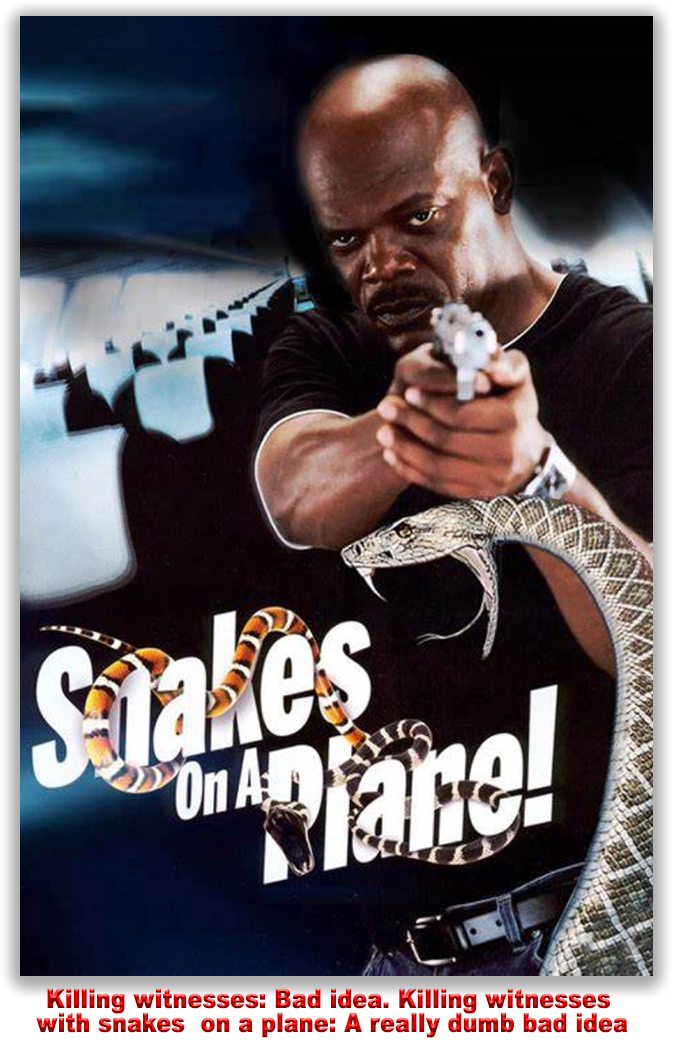We post news and comment on federal criminal justice issues, focused primarily on trial and post-conviction matters, legislative initiatives, and sentencing issues.

HAVIS MEANS CONSPIRACY DOESN’T COUNT FOR CAREER OFFENDER, EITHER
You remember United States v. Havis, the 2019 en banc decision in which the 6th Circuit held that the Guidelines’ definition of ‘controlled substance offense’ did not include attempt crimes, meaning that a defendant’s prior conviction for attempted drug distribution could not be counted to make him a career criminal. (If you don’t recall it, refresh yourself here).
 Eddie Valesquez made a deal over the phone with a buddy of his to kill a troublesome witness. (Note: Contrary to popular culture’s suggestions to the contrary, murdering a witness is both illegal and a bad idea). In fact, Eddie found out that the mere planning such a murder problematical: he was convicted of an 18 USC § 1958 conspiracy to commit murder for hire.
Eddie Valesquez made a deal over the phone with a buddy of his to kill a troublesome witness. (Note: Contrary to popular culture’s suggestions to the contrary, murdering a witness is both illegal and a bad idea). In fact, Eddie found out that the mere planning such a murder problematical: he was convicted of an 18 USC § 1958 conspiracy to commit murder for hire.
Eddie’s prior drug conspiracy conviction was used at sentencing to make him a career offender under the Sentencing Guidelines, which raised his sentencing range to stratospheric heights, resulting in a 262-month term in prison.
Last week, the 6th Circuit reversed the sentence. It ruled that “although the specific facts of Havis involved an attempt crime, its reasoning applies with equal force to other inchoate crimes not listed in the text of § 4B1.2(b). Accordingly, we have acknowledged that, in light of Havis, conspiracy to distribute controlled substances is not a “controlled substances offense” under § 4B1.2(b).”
United States v. Cordero, Case No. 19-3543, 2020 U.S. App. LEXIS 28128 (6th Cir. Sep 3, 2020)
– Thomas L. Root

